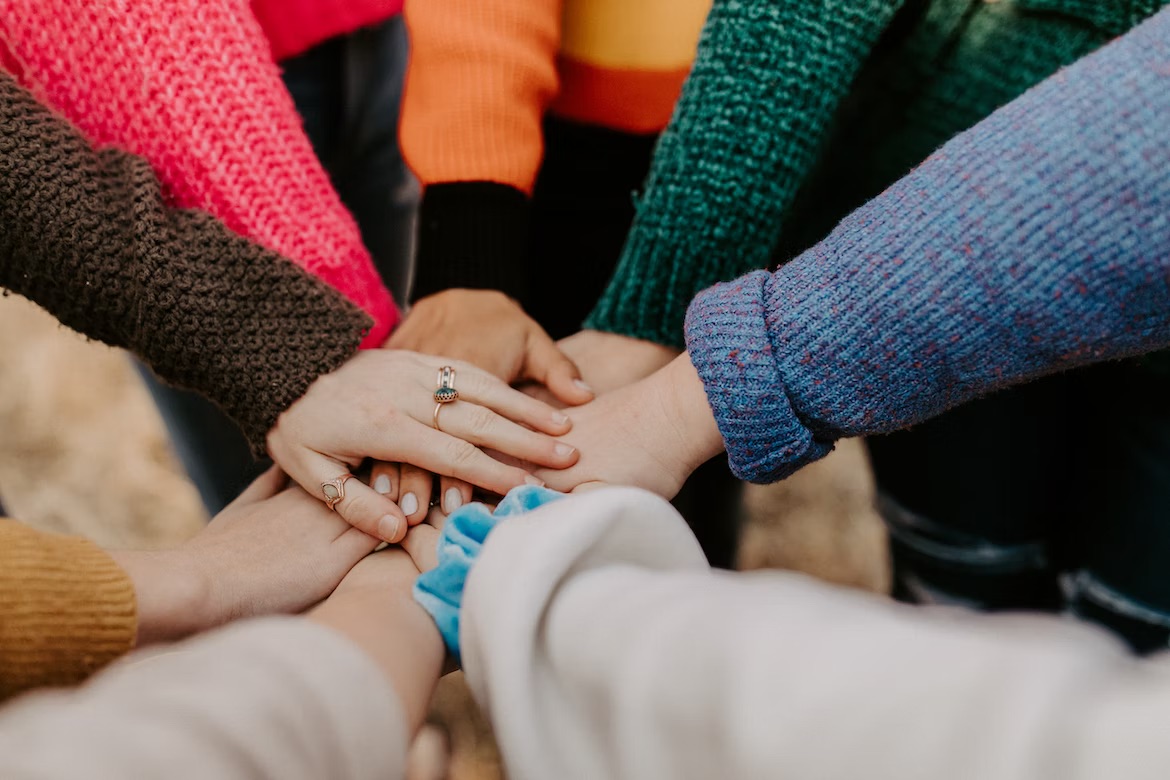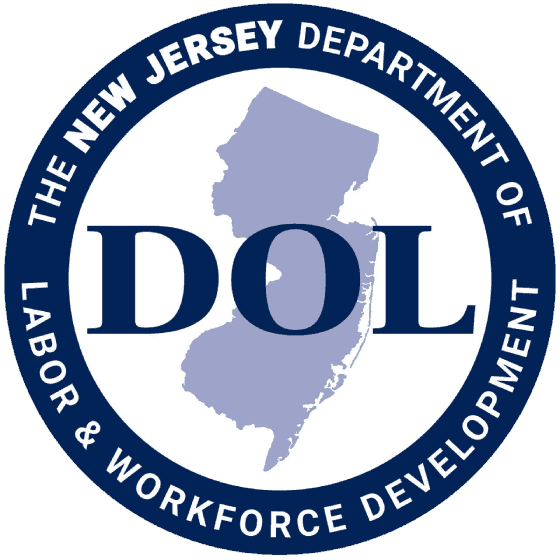In 2019, the unemployment rate among adults in recovery from substance abuse was 17.4%, compared to the general population’s unemployment rate of 3.5%.
– Substance Abuse and Mental Health Services Administration (SAMHSA)
About Pathways to Recovery
The Opioid Crisis has affected the lives of so many individuals across the nation. States are seeing unprecedented numbers of overdoses, and New Jersey is no exception.
Multiple studies indicate that employment is a top priority for individuals impacted by opioids and sustained employment is linked with relapse prevention (Laudet, 2012; Laudet & White, 2010; SAMHSA, 2021; Sherba et al., 2018). Meaningful employment increases financial independence and creates overall wellness of an individual (SAMHSA, 2021).


Unemployment rate for individuals impacted by substance use disorder
According to a 2019 report by the Substance Abuse and Mental Health Services Administration (SAMHSA), the unemployment rate among adults in recovery from substance abuse is higher than the general population. The report found that among adults who reported past-year substance use disorder treatment, the unemployment rate was 17.4%, compared to the general population’s unemployment rate of 3.5% at the time of the report.
It’s important to note that these statistics are from a specific point in time and may not represent the current situation. However, they do suggest that individuals in recovery may face challenges in finding and maintaining employment. By providing opportunities and support, employers can help break down some of these barriers and promote a more inclusive and supportive workplace culture.

Pathways to Recovery is a program created by the NJ Department of Labor and Workforce Development and its goal is to serve individuals and community members in New Jersey that are impacted by the opioid crisis. Whether the individual is the person in recovery, or a family or friend of an individual with opioid use, Pathways to Recovery is here to serve and support them on their pathway to employment.
To be eligible, individuals must be able to answer yes to the following question: Do you, a friend, or any member of your family have a history of opioid use?
Funding
Pathways to Recovery supports employers and organizations in becoming recovery-friendly workplaces by offering training, technical assistance, and support services.
$30,000,000
In 2019, the administration allocated $30 million to date ($5 million per year) to NJDOL to help mitigate New Jersey’s opioid epidemic.
$9,000,000
An additional $9 million in federal funding was awarded to NJDOL to further expand the program.
